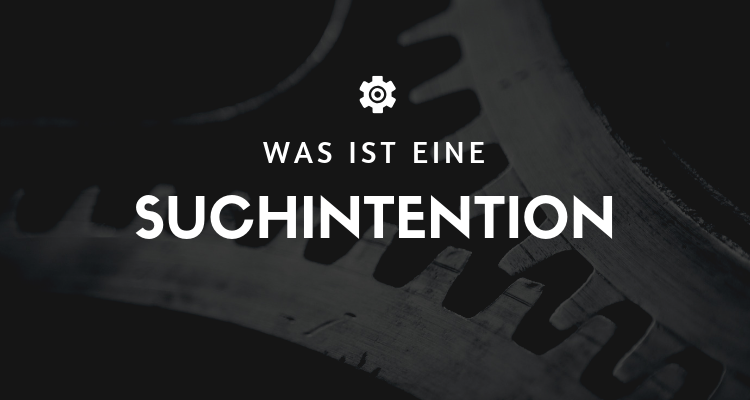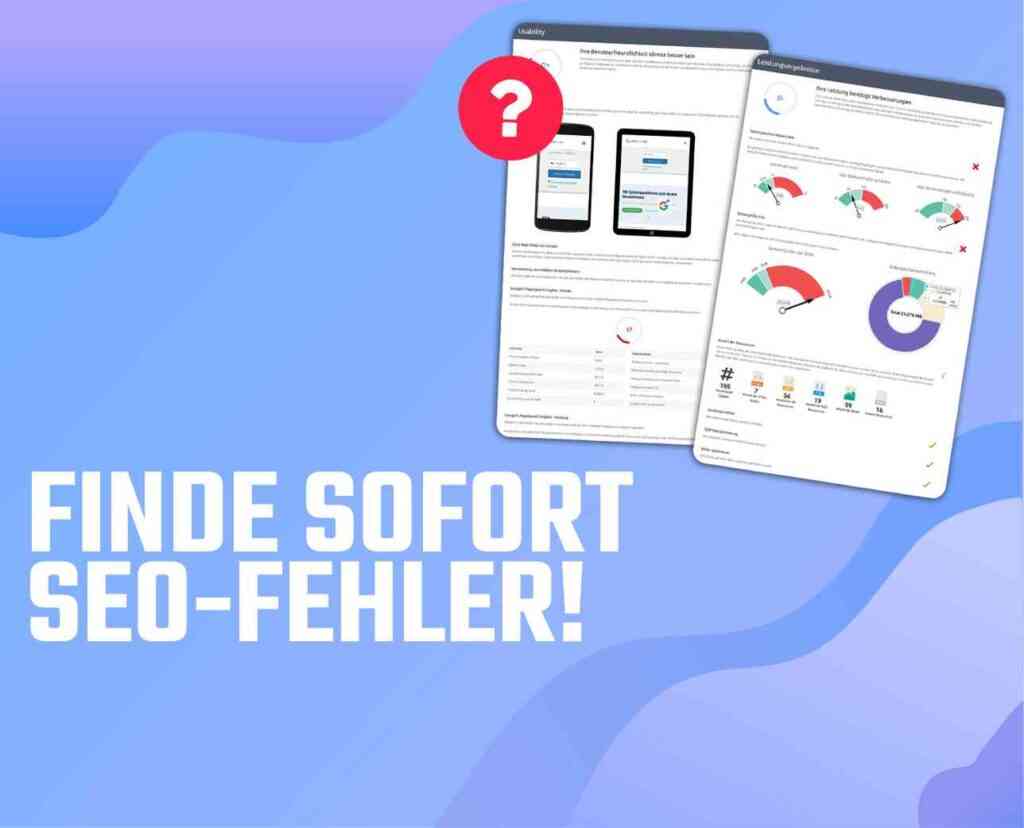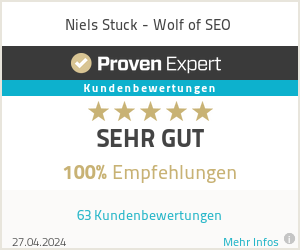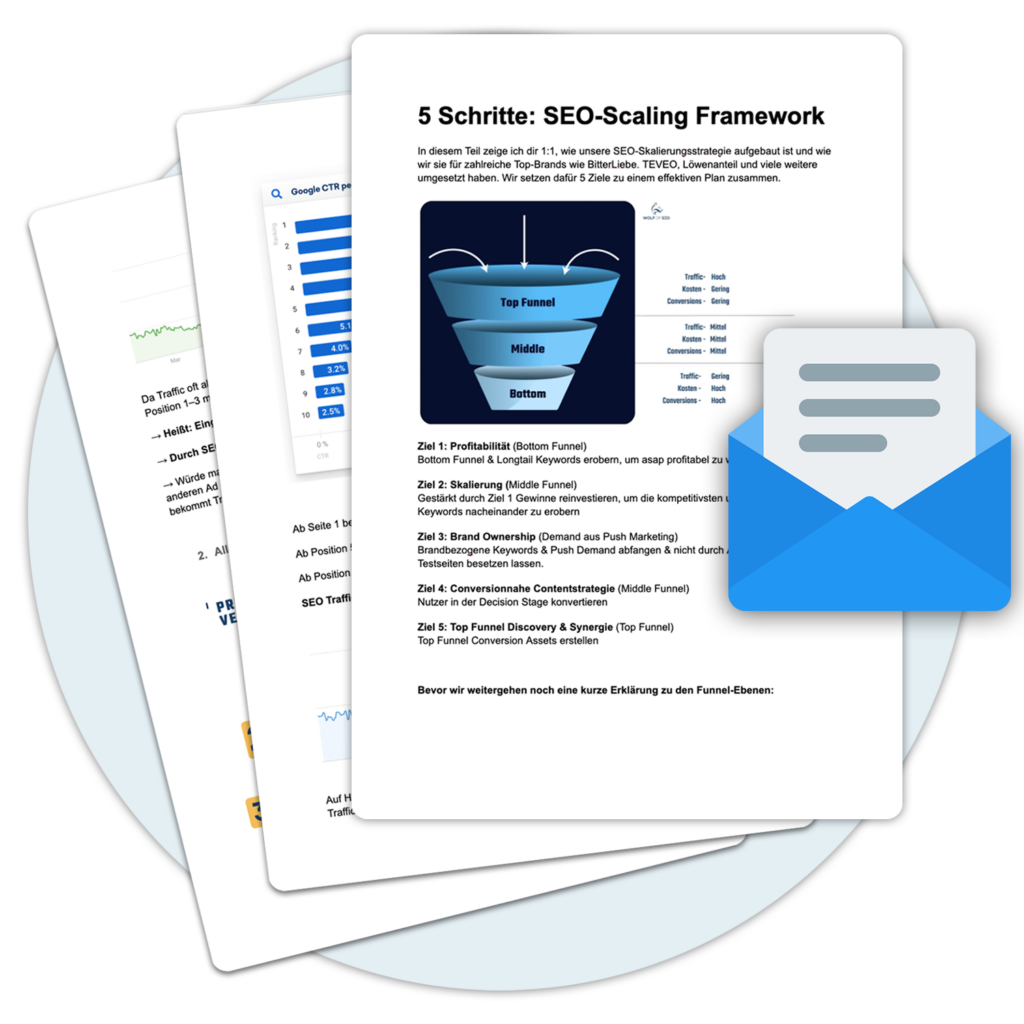What is a search intention?
The Search Intention says something about why people perform a particular search. Are they searching because they have a question and want to get an answer? Are they searching for a particular website? Or perhaps they have the intention to purchase a product?
Over the years, Google has been able to determine people's search intent more and more accurately. Due to this, search engines want to rank the highest the pages that match both the search term and the search goal of a particular search query. Therefore, you should make sure that your post or page matches the search goal of your audience.
4 Types of search intention
Below you will find some typical types of Search Intention:
Information intent
The first type of search is used to obtain information. The search can cover a wide variety of topics. For example, searchers can find information about the weather, current news or even facts about SEO. In this type of search, people have a specific question or want to know more about a particular topic.
10 detailed examples of keywords with informative search intentions:
- "Photovoltaic system function": This Keyword shows an information-seeking intention, as the person is looking for information about how a photovoltaic system works.
- "Flu symptoms": This Keyword shows an information-seeking intention, as the person is looking for information about the symptoms of flu.
- "Create a business plan": This Keyword shows an information-seeking intent, as the person is looking for instructions or steps to create a business plan.
- "History Renaissance": This Keyword indicates an information-seeking intent, as the person is looking for information about Renaissance history.
- "Yoga benefits": This Keyword shows an information-seeking intention, as the person is looking for information about the benefits of yoga.
- "Water the plant properly": This Keyword shows an information-seeking intent, as the person is looking for instructions or tips on how to properly water a plant.
- "Destinations for backpackers": This Keyword shows an information-seeking intention, as the person is looking for information about the best destinations for backpackers.
- "SEO optimization guide": This Keyword shows an information-seeking intent, as the person is looking for instructions or tips to perform SEO optimization of their website.
- "High blood pressure medication": This Keyword Demonstrates an information-seeking intent, as the person searches for information about medications that can be used for hypertension.
- "Recipes for a gluten-free diet": This Keyword shows an information-seeking intention, as the person is looking for recipes for a gluten-free diet.
It is important to note that the informative search intentions refer to the fact that the person is looking for information, instructions, tips, advice, knowledge, explanations and other types of content rather than buying products or services. These types of keywords are very important to have good content on a website and meet user needs, thus also gaining user satisfaction and trust, which in turn leads to a higher probability of users returning to the website and recommending it to others.
Navigation intention
The second type of Search Intention is referred to as navigational intent. People with this intention try to get to a specific website. For example, if you search for "wolf-of-seo", you will usually end up on this specific website.
A high ranking for a navigation term is only beneficial for your organic Trafficwhen your website is explicitly searched for.
10 detailed examples of keywords with navigating search intent:
- "Amazon": This Keyword shows a navigational intent, as the person wants to navigate directly to the Amazon website.
- "Facebook login": This Keyword shows a navigational intent, as the person wants to navigate directly to Facebook's login page.
- "IKEA catalog": This Keyword shows a navigational intent, as the person wants to navigate directly to IKEA's online catalog page.
- "YouTube channel XYZ": This Keyword shows a navigational intent, as the person wants to navigate directly to the YouTube channel with the name XYZ.
- "Netflix movies: This Keyword shows a navigational intent, as the person wants to navigate directly to the movie list on Netflix.
- "LinkedIn profile XYZ": This Keyword shows a navigational intent, as the person wants to navigate directly to their own LinkedIn profile or the profile of another person.
- "TripAdvisor reviews": This Keyword shows a navigational intent, as the person wants to navigate directly to the review page of a hotel, restaurant, or destination on TripAdvisor.
- "New York Times Online: This Keyword shows a navigational intent, as the person wants to navigate directly to the online edition of the New York Times.
- "FIFA Ranking": This Keyword shows a navigating intention, because the person wants to navigate directly to the current FIFA ranking.
- "Apple Support": This Keyword shows a navigational intent, as the person wants to navigate directly to Apple's support page.
Transaction intent
The third type of Search Intention is the transactional intent. Many people buy things on the Internet and surf there to find interesting products. People who are anxious to buy something therefore search with an intention of a transaction.
10 detailed examples of keywords with transactional search intentions:
- "Buy iPhone 12": This Keyword shows a transactional intent, as the person wants to buy the iPhone 12.
- "Flight tickets London": This Keyword shows a transactional intent, as the person wants to book airline tickets to London.
- "Hotels Paris": This Keyword shows a transactional intent, as the person wants to make a hotel reservation in Paris.
- "Apply for a credit card": This Keyword shows a transactional intent, as the person wants to apply for a credit card.
- "Buy security software": This Keyword shows a transactional intent, as the person wants to buy security software.
- "Insure your car": This Keyword shows a transactional intent, as the person wants to buy car insurance.
- "Buy socks": This Keyword shows a transactional intent, as Socks wants to buy online.
- "Buy event tickets": This Keyword shows a transactional intent, as the person wants to buy event tickets.
- "Food order": This Keyword shows a transactional intent, as the person is Food would like to order.
- "Book a vacation": This Keyword shows a transactional intent, as the person wants to book a vacation.
Transactional search intent indicates that the person is ready to make a transaction, such as making a purchase, making a reservation, making an inquiry, submitting an application, etc. These types of keywords are very important to Conversion Rate on a website and get users to perform a desired action.
Commercial investigation
Some people intend to buy something in the future. However, for the time being, they only use the Internet to do their research. Which dishwasher is the best? Which SEOPlugin is the most helpful? These individuals also have transactional intentions, but will require a little more time and persuasion. This type of search intent is usually referred to as commercial research intent.
10 examples of keywords with commercial Search Intention:
- "Compare prices for [product]"
- "Where can I buy [product]?"
- "Cheapest offers for [product]"
- "Discount code for [product or brand]"
- "Reviews of [product or brand]"
- "Online store for [product or brand]"
- "Best deals for [product or brand]"
- "Special offers for [product or brand]"
- "Comparison of [product or brand] with others"
- "Offers for [product] in [city or region]"
These examples show that users are looking for information about products or brands to make a purchasing decision. They are looking for price comparisons, reviews, offers and other relevant information to help them make an informed decision. It is important for businesses to understand these commercial search intentions and align their SEO strategy accordingly to better target potential customers and increase their likelihood of making a purchase.
Keyword Intent
The words people use in their search queries provide information about their user intentions. When people use words like buy, trade, or discount, they definitely show interest in making a purchase. Also, when people search directly for specific products, they probably want to purchase them.
How to optimize your content for search intent
To make your Content optimally, you should make sure that a landing page matches your audience's search intent. When users search for information, they don't want to find a product page. However, if users are anxious to buy your product, you should not bore them with long articles. Instead, you should redirect them to your online store.
Optimizing your product pages for more commercial keywords is a good idea.
However, it can be very difficult to determine the search intent of a query. And perhaps different users have a different Search IntentionYou can determine the search intent of users through different analytics tools. Another way to find out visitors' intention is to ask them directly. For example, you could conduct a survey to ask what people were searching for. This can provide a revealing insight into the search intent of your target audience.
Conclusion
It is important to ensure that the Content a website with the Search Intention of the users matches. For this, they should make sure that your posts or page is informative when people are searching for information. However, if the target audience wants to buy a product when they search, your page should be adapted for that as well.
« Back to Glossary Index






